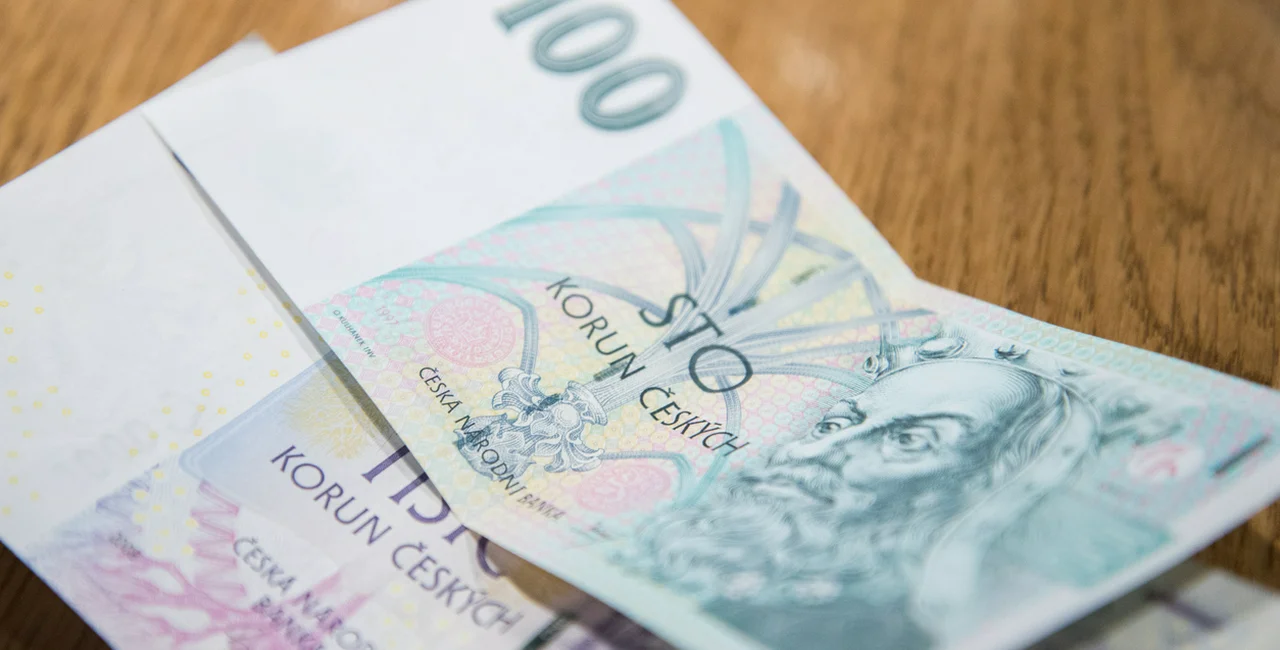Prague, Jan 12 (CTK) – The pensions will keep rising irrespective of the economic situation of the country and the monthly average pension will be 15,000 crowns next year, Czech Prime Minister Andrej Babiš (ANO) said in an interview that Prima television broadcast today.
“There is no reason to fear that pensions will not increase,” he said.
This year, the average monthly pension increased by about 900 crowns to 14,326 crowns.
Babiš said people had no reason to be afraid that the state would not have enough money to pay the pensions in future.
He dismissed the view that the Czech pension account will have a high deficit because people will get retired in the next ten to 20 years. He said economists who warned against this alleged problem knew nothing about what would happen in 2030.
He said fewer people would work and pay social insurance, but the social payments from rising salaries would be higher.
“As we increase wages, we have higher social insurance payments. So there is no fear,” he told Prima.
Babiš said his government was going to include the further increase in pensions also in the budget frameworks for the years following the current election period.
The opposition Civic Democrats (ODS), TOP 09 and Pirates criticised Babiš’s statements.
“Andrej Babiš should openly say that there will be no pension reform with his government and call on the working citizens to put aside more of their own money before they get retired,” ODS MP Jan Skopecek said on Twitter.
Skopecek said it is absurd to declare that there will always be enough money for pensions despite the demographic trend and the inactivity of the government.
Babiš said he did not want to comment on the draft pension system reform, which Labour and Social Affairs Minister Jana Malacova (Social Democrats, CSSD) presented earlier this week, because he has not been acquainted with its details yet. He told Prima TV that the reform would be presented to him at the meeting of the government coalition council, comprising ANO and CSSD representatives, on Tuesday.
Finance Minister Alena Schillerova (ANO) voiced scepticism about the prospect of the government pushing through a pension reform in the current election term that ends in late 2021.
On Friday, Malacova said she wants to submit the draft pension for approval in a few months. Optimally, the draft would technically divide the current public pay-as-you-go pension system into two pillars – the zero pillar for base pensions on the principle of solidarity and the first pillar providing a part of pensions on the principle of merit, she said.
Schillerova said introduction of a solidarity pension system would require a 300-billion-crown rise in the state’s tax revenues a year. She said this would be a very sharp tax increase, which she considers unacceptable.
She said it is first necessary to reach consensus on the way of a pension reform’s financing, and only then the reform’s parameters can start to be discussed.
Hamacek told CT today that there is finally draft pension system reform. “So let’s talk about it. And let’s talk about where we will find the money to pay it,” he said.
Babiš said a consensus of all the parties in parliament needs to be sought in case of the pension reform. He repeatedly rejected the CSSD plan to impose a special tax on banks in order to raise the money for the pension reform.
TOP 09 lower house group head Miroslav Kalousek and Pirates leader Ivan Bartos criticised Babiš for his statement that he did not know what a pension reform should be about and only takes care that the pensions go up.
Bartos said Babiš only wants to please the voters but does not care whether the pension level would be sustainable for the other generations.
Babiš also said bus and rail fare discounts for pensioners and students will be maintained irrespective of the economic development of the country.












 Reading time: 3 minutes
Reading time: 3 minutes 


























